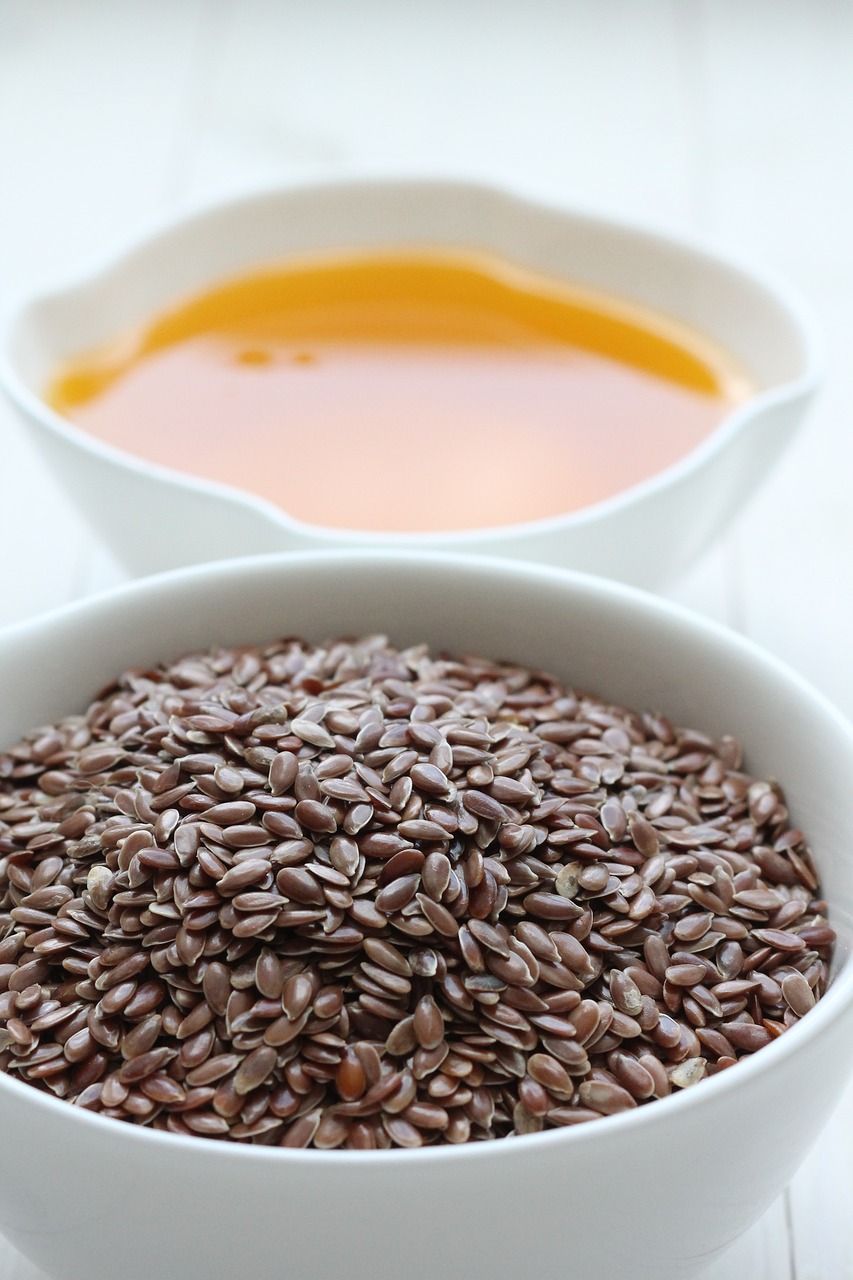Does your baby have red, itchy, and inflamed patches on their skin? You’re not alone. Eczema, a common skin condition, affects up to 20% of infants globally. But worry not! This comprehensive guide will reveal the secrets of Natural Remedies for Baby Eczema: Soothe Their Skin. Here you’ll find gentle, effective solutions that can give your child relief from the discomfort of eczema, all the while taking comfort in the knowledge that these treatments are natural and safe for tender skin.
Understanding Baby Eczema
Before diving headlong into the remedies, it’s essential to understand what baby eczema is and why it happens. Essentially, eczema is a skin condition where patches of skin become inflamed, itchy, and rough. It’s commonly seen in children and can persist into adulthood.

Little newborn baby sleeping with toy, baby with scin rash, child dermatitis symptom problem rash, newborn suffering atopic symptom on skin. concept child health
What Causes Baby Eczema?
There’s no one-size-fits-all answer to this. Genetics, the environment, the immune system, and defects in the skin barrier could all play a role. Baby skin is delicate and more prone to irritation. Environmental factors, such as pollen or pet dander, can also trigger symptoms.
How is Baby Eczema Diagnosed?
Doctors usually diagnose eczema by examining the skin. Sometimes, they may recommend patch testing, where small amounts of potential allergens are applied to the skin to see if they cause a reaction.
Natural Remedies for Baby Eczema: Soothe Their Skin
Turning to natural remedies can be a gentle way to manage baby eczema. Let’s explore some of the most effective strategies.
Bathing and Moisturizing: The First Line of Defense
When it comes to managing eczema, never underestimate the power of proper bathing and moisturizing. A lukewarm bath followed by immediate application of a fragrance-free, hypoallergenic moisturizer can work wonders. This routine helps keep the skin hydrated and reduces dryness and itchiness.
Breast Milk: Nature’s Potion
Did you know that breast milk, besides being the perfect food for your baby, also has healing properties? It’s rich in antibodies and can help soothe skin irritations. Apply a few drops to the affected area and let it air dry.
Coconut Oil: A Natural Moisturizer
Coconut oil is widely celebrated for its moisturizing and anti-inflammatory properties. Plus, it’s an excellent source of healthy fats, which can promote skin health. Be sure to choose virgin or cold-pressed coconut oil, as it preserves most of the beneficial compounds.
Aloe Vera: The Soothing Gel
Aloe vera, with its anti-inflammatory and antibacterial properties, can soothe the skin and reduce redness and itchiness. Apply the gel directly from the plant for the best results.
Oatmeal Baths: A Time-Tested Relief
An oatmeal bath can provide soothing relief for itchy, inflamed skin. The compounds in oatmeal have anti-inflammatory and antioxidant properties, helping to calm the skin and restore its natural barrier.

Dietary Changes for Eczema Relief
Nutrition plays a crucial role in overall health, including skin health. Consider these dietary changes to ease eczema symptoms.
Boost Omega-3 Intake
Foods rich in Omega-3 fatty acids, like fish and flaxseeds, can help reduce inflammation in the body, which could potentially help alleviate eczema symptoms. For breastfeeding mothers, incorporating these foods in your diet can pass these benefits to the baby.
Probiotics: Good Bacteria to the Rescue
Probiotics, found in fermented foods like yogurt, can improve gut health. Some studies suggest a link between gut health and skin conditions like eczema. For breastfeeding moms, consuming probiotics may enhance the beneficial bacteria in breast milk.
Avoid Potential Allergens
Some babies with eczema may also have food allergies. Common allergens include cow’s milk, eggs, soy, wheat, nuts, and fish. Monitor your baby for signs of an allergic reaction, like hives or digestive problems, and consult a healthcare provider if you suspect a food allergy.
Preventing Eczema Flare-ups
Prevention is always better than cure. Understanding what triggers your baby’s eczema and minimizing exposure can significantly help manage the condition.
Watch out for Irritants
Many everyday substances can irritate sensitive skin, including synthetic fabrics, detergents, perfumes, and certain soaps. Opt for natural fibers like cotton for your baby’s clothing and bedding, and use fragrance-free, hypoallergenic laundry products.
Keep Baby Cool
Overheating and sweat can exacerbate eczema. Dress your baby in breathable, loose clothing and keep the environment at a comfortable temperature.
Minimize Stress
Though we often associate stress with adults, even babies can experience stress, which may trigger eczema flare-ups. Regular sleep and a calm environment can help minimize stress for your little one.
When to Seek Medical Attention
While natural remedies can be a great help, it’s important to know when to seek medical attention for baby eczema.
Persistent Symptoms
If the eczema is persistent and doesn’t improve with home care, it might be time to consult a healthcare provider. They can suggest additional treatments and determine if there’s an underlying issue contributing to the eczema.
Signs of Infection
Infected eczema may present with increased redness, warmth, swelling, or pus. If you suspect an infection, it’s crucial to seek medical attention promptly.
FAQs about Natural Remedies for Baby Eczema: Soothe Their Skin
Q: How long does baby eczema last?
A: There’s no set timeline for baby eczema. Some children outgrow it, while others continue to have symptoms into adulthood. However, with proper care and management, symptoms can be controlled.
Q: Are natural remedies safe for baby eczema?
A: Most natural remedies are safe, but it’s always best to consult with a healthcare provider before starting any new treatment.
Q: Can eczema cause more serious problems?
A: Most cases of baby eczema are mild and manageable, but severe eczema can lead to skin infections if not properly treated. Regular care and monitoring can prevent most complications.
Q: Does diet affect baby eczema?
A: Diet can play a role in eczema. Certain foods can trigger flare-ups, and a diet rich in anti-inflammatory foods may help reduce symptoms.
Q: Can I use essential oils for baby eczema?
A: Some essential oils may soothe eczema, but they should be used cautiously on babies. Always dilute them and perform a patch test, or better yet, consult a professional.




